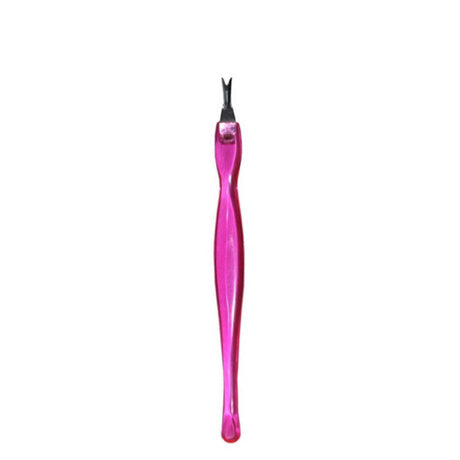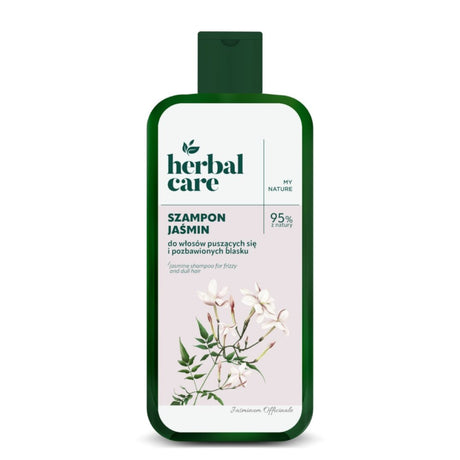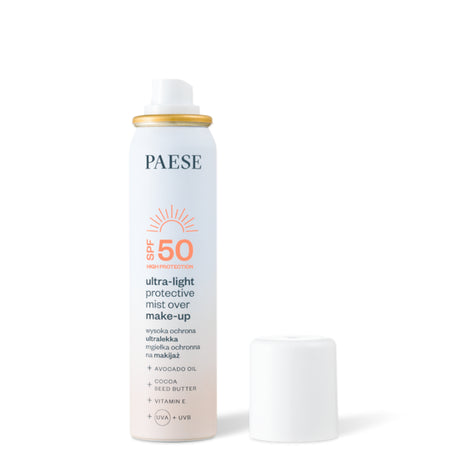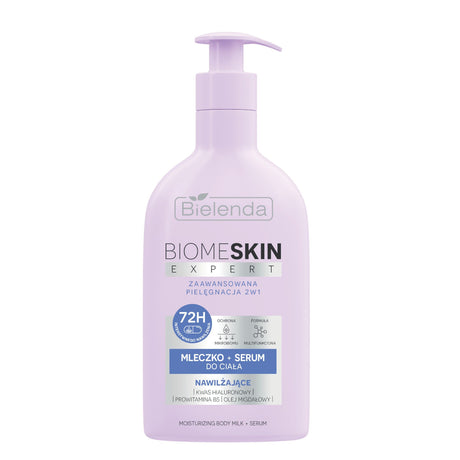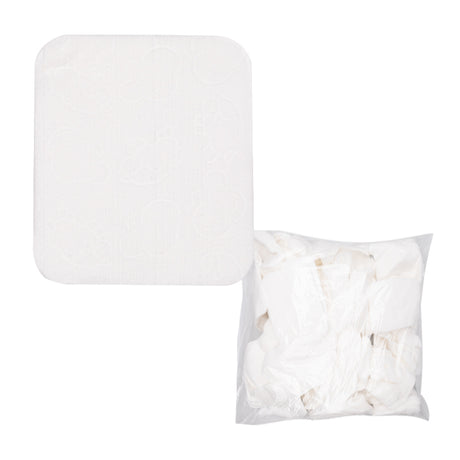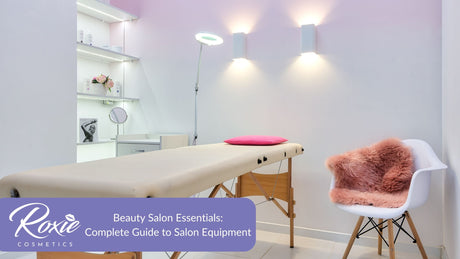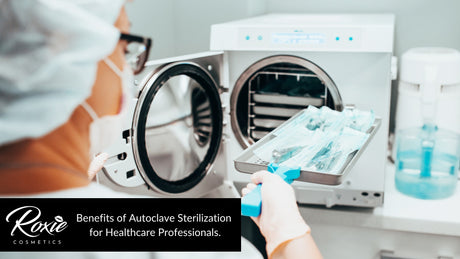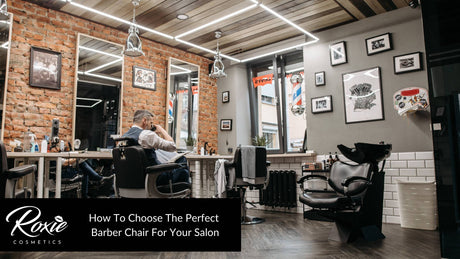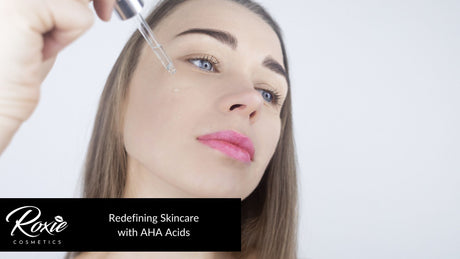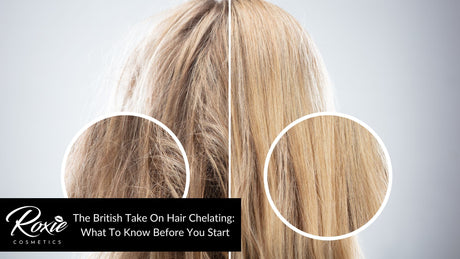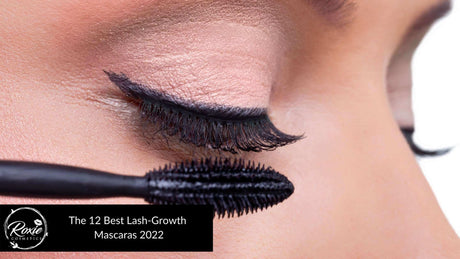When choosing cosmetics, the conscious consumer is guided by various criteria: composition, price-quality ratio, ease of dosing ... Increasingly, however, our attention is drawn to the origin of the ingredients: whether they are natural, ecological, non-synthetic, or produced in the idea of fair trade, and we are particularly reluctant to look at substances of animal origin. However, is a cosmetic without such ingredients always a vegan cosmetic?
Vegan cosmetics, or what? What does this actually mean?
Vegan cosmetics are those without substances of animal origin. It sounds a bit abstract, but the truth is that although we don't realize it, quite a lot of them appear on the list of ingredients under foreign names. With many producers they are not hiding. On the contrary - they boast of their beneficial properties, and we unwittingly derive full of it. What's more, vegan cosmetics or any ingredients appearing in their composition are not tested on animals! Vegan cosmetics are products that do not contain any ingredients of animal origin or those obtained in a way that causes suffering to animals. Therefore, these are products called cruelty-free.
Cosmetics not tested on animals
When it comes to testing cosmetics on animals, we must remember that not only the finished product, but also the intermediates included in the composition should not be tested on animals. There are different ways to get information on this topic: we can write to the manufacturer, look for information on the packaging ("not tested on animals") or find information on lists prepared by organizations dealing with, among others animal rights. The last method is the most reliable, because these organizations are so strong that they have the ability to accurately check the data provided by producers. Each organization has its own standards, which is why the lists of cosmetics tested on animals differ from each other and are even contradictory.
Cosmetics without ingredients of animal origin
Ingredients of animal origin can be divided into two groups:
- substances obtained from the body of animals (e.g. bones, fat, skin),
- substances obtained from the 'products' they produce (eg lanolin).
Some vegetarians accept the presence of ingredients from the second group - so they have no problem reaching for products containing, for example, milk proteins or honey. Vegans, on the other hand, will be looking for cosmetics that do not have one or the other in their composition. Finding a clean, vegan product is not easy. When we reject products whose name suggests the content of ingredients of animal origin, such as caviar, we are left to analyze the auxiliary ingredients whose origin is less obvious.
What ingredients should not be included in a veg cosmetic?
Collagen is the protein most common in mammals. Responsible for skin elasticity and strength. Collagen is also a tendon and bone forming element. Therefore, this substance has found application in the cosmetics and medicine industries.
Elastin - this is a protein of animal origin, occurs together with collagen and has a similar effect - is responsible for skin tension and elasticity. Elastin added to cosmetics can be of animal and plant origin - most often it comes from cow and bird tissues.
Keratin - is a protein produced by mammalian epidermal cells - keratinocytes. Is a component of specialized hair care preparations. Different varieties of keratin come to the cosmetics in the form of so-called keratin extracts, which are most often obtained from sheep's wool, but also from bird's claws.
Lanolin - is an animal wax that is part of many ointments and creams available in pharmacies. It is produced by sebaceous glands, among others sheep, llamas, rabbits and camels. Lanolin is a mixture of fatty acid salts or esters.
Chitosan - obtained from shells of crustaceans, e.g. crabs. It has strong moisturizing properties, which is why it is often used in the production of skin care cosmetics. Preparations with chitosan create a delicate protective film on the skin, which protects against harmful external factors, and also effectively retains water in the skin.
Other ingredients of animal origin include stearic acid (saturated fatty acid obtained from animal sebum, usually used in soaps, lotions), silk (obtained as a result of cooking silkworms), Vitamin A (can be derived from fish, especially from Atlantic cod and sharks), tallow, trypsin.
Vegan makeup cosmetics - the most popular vegan brands
Ecocera, which produces one of the few vegan makeup cosmetics, is a pioneer of colorful vegan cosmetics, like their sensational bronzer. The English market is one of the leading ones when it comes to vegan cosmetics. In addition to the brand, the British have many more at their disposal, such as Bielenda and its cleaning paste with clay. But you also have to do justice to the popular Annabelle brand, which offers a high-quality mineral coverage foundation.



